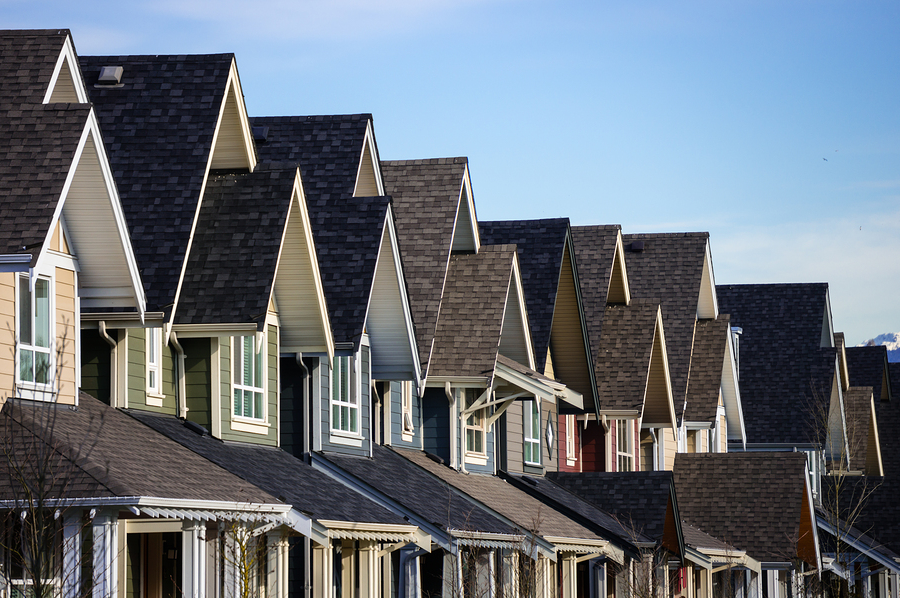The housing market collapse and sluggish recovery moved a large number of American families from the homeowner column into the renter column. New government regulations aimed at predatory lenders and widespread uncertainty about the future of the housing market kept many folks renting their homes. Some are there because they now have damaged credit due to a foreclosure, and many of the newly formed millennial households do not yet have enough credit to qualify for a mortgage.
This increase in the number of renters brought an increase in rent prices across the country. With the housing market now stabilized and the federal government softening many of the lending regulations implemented a few years ago, people are again thinking about buying instead of renting. That has investors wondering what is ahead for the residential rental market.
What the experts are saying
The general consensus is that rents will continue to rise throughout 2016. David Brickman is the executive vice president for Freddie Mac Multifamily. He said that rents are already rising faster than incomes. In an interview with CNBC, he said that is why renters are not saving to buy homes.
Brickman cited a survey conducted by Harris Poll for Freddie Mac. It found that saving for a house down payment ranked fourth on the list of priorities for most renters, coming in behind priorities such as children’s education, retirement saving, and saving for emergencies.
NAR predicts rents and home prices will continue to rise
In his 2016 economic and housing forecast, National Association of Realtors Chief Economist Lawrence Yun said, “Rents and home prices are expected to exceed income growth into next year because of the insufficient creation of new home construction and the detrimental impact its inadequacy continues to have on housing costs in several markets.” He said that continued supply constraints and higher mortgage rates will slow home sales throughout the year.
Zillow’s chief economist agrees
Dr. Svenja Gudell said that home ownership will remain out of reach for many potential buyers as interest rates increase in 2016. Gudell went on to say that along with higher home prices, “Rents will continue to increase at a brisk rate in 2016.”
According to the Rent.com 2015 rental market report, the 6.8 percent vacancy rate for Q4 was the lowest since 1985’s 6.7 percent.
Even with more public companies entering the space than ever before, for investors, residential rental properties remain one of the best ways to build wealth and generate income.
Related articles
How the Post-Recession Housing Market Has Changed Multifamily Investments
American Households are Changing
How to Study Your Rental Market and Outperform Your Competition
Latest posts by Theresa Bradley-Banta (see all)
- Multifamily Common Areas Maintenance & Management Tips - March 31, 2020
- 8 Tenant Gift Ideas That Will Boost Your Bottom Line - November 11, 2019
- Need a Package Delivery System at Your Multifamily Rental Property? - October 28, 2019



